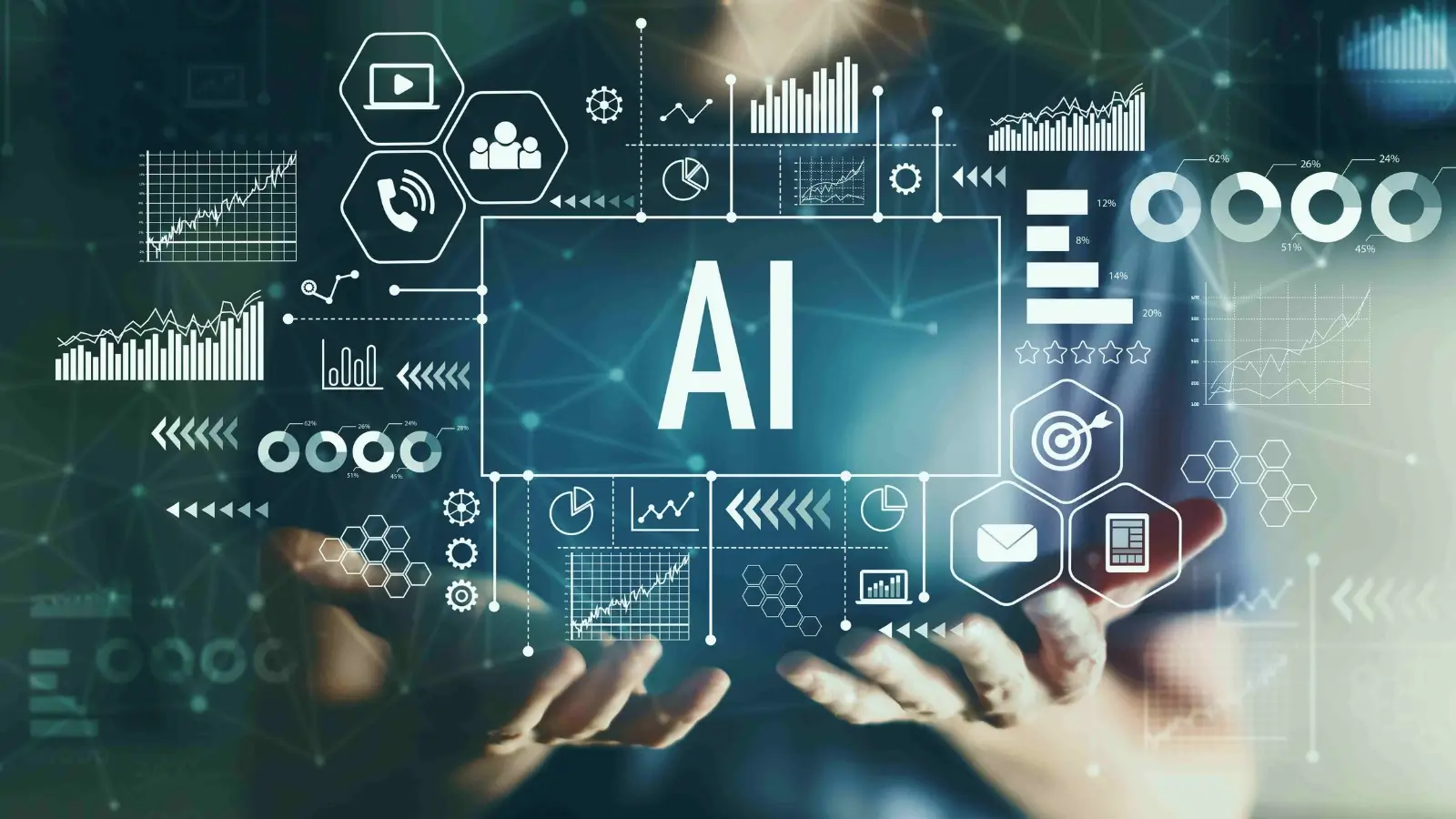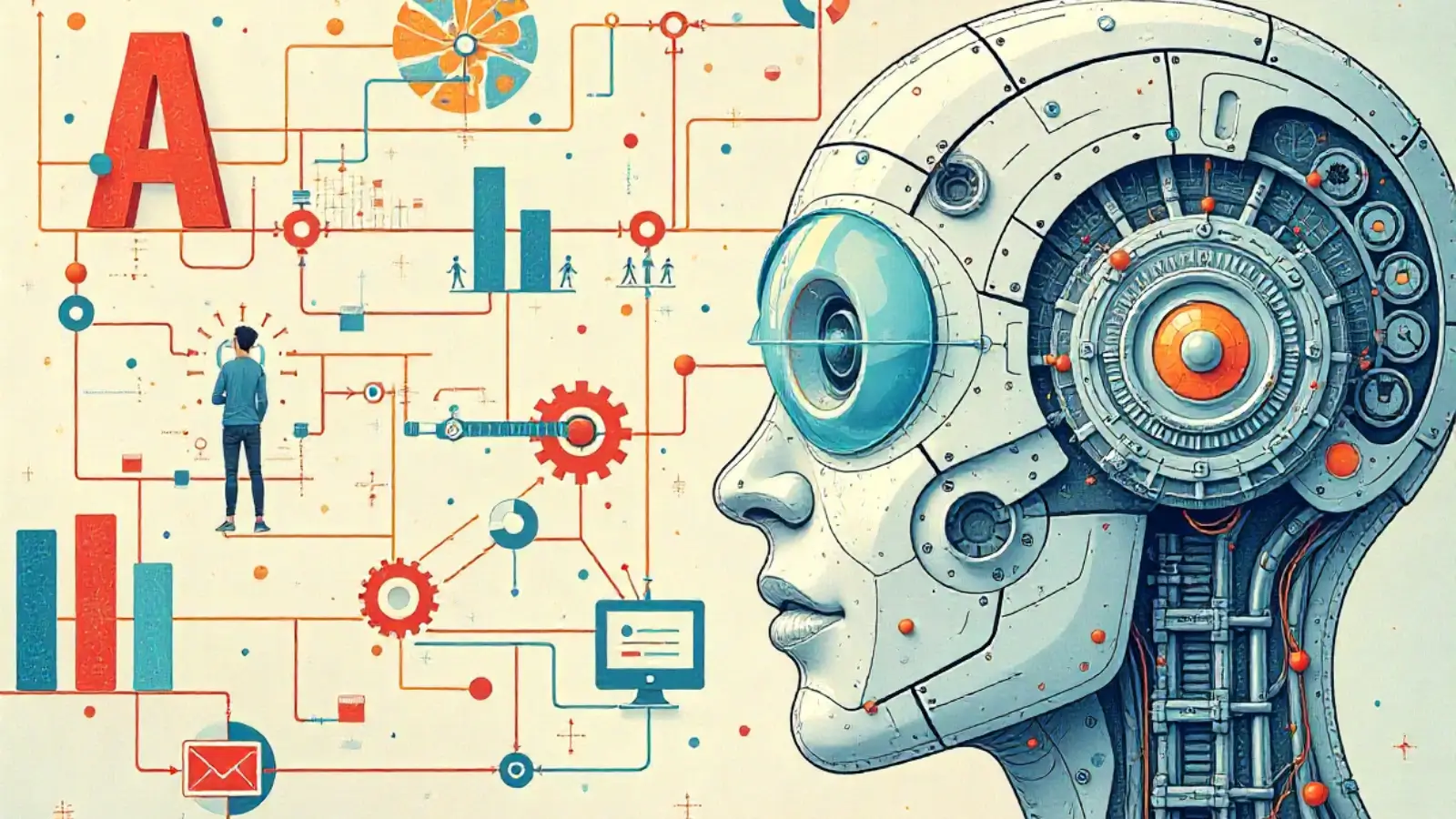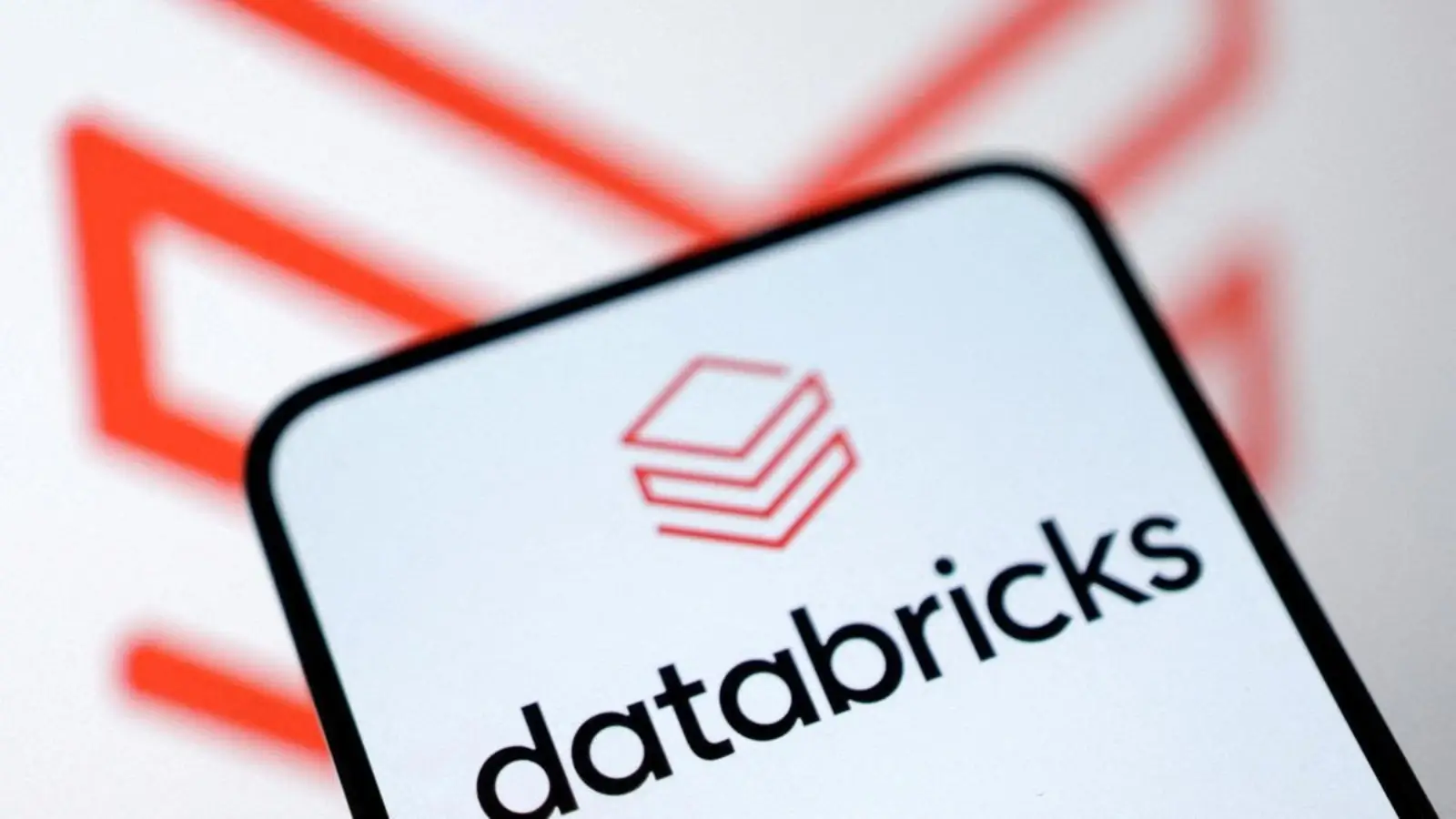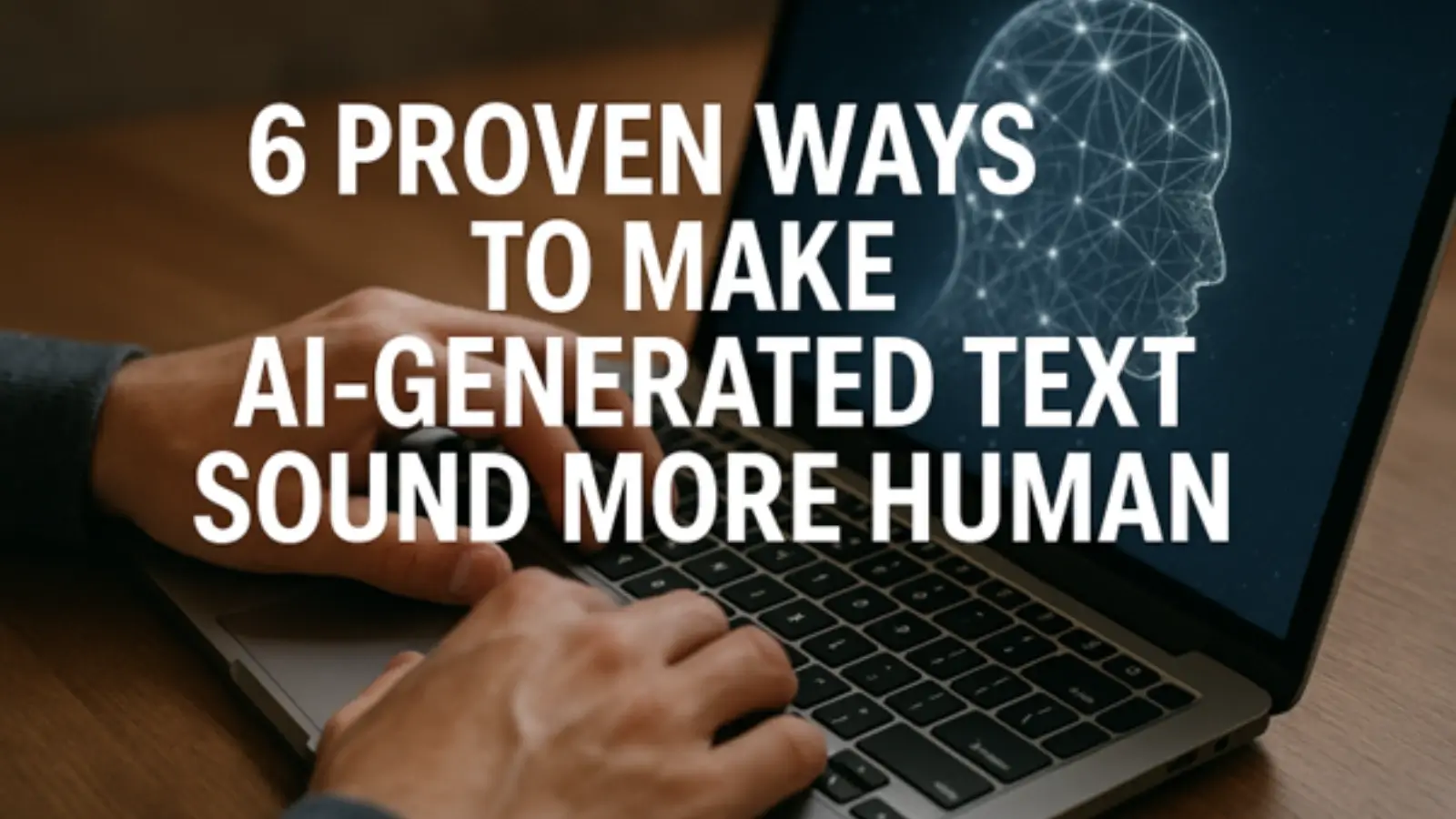You may have encountered a lot of buzz around agentic AI technology and how much they are turning business processes around. Naturally, you'd be curious to understand the deeper workings of this technology. That's what this guide is here to do: help you make sense of agentic AI and what it can do for you.
What is It?
Agentic AI is all about creating AI systems that act like independent agents, that is, without human input at each turn. They are problem-solving machines that don't just follow instructions. They think for themselves within set limits, set goals, figure out how to achieve them, and take action.
Why is Agentic AI Important?
First off, it saves time. Instead of humans micromanaging every routine task, agentic AI can handle things autonomously. It’s also flexible. Unlike traditional AI, which struggles when conditions change, agentic AI adapts. Say you have a self-driving car. If road signs suddenly appear, it adjusts its driving strategy without crashing.
Collaboration is another huge factor. This AI assistant can help you answer emails as well as schedule meetings, tracks deadlines, and reminds you of important tasks.
If this sounds like something that could work for your business, consider looking into Five9's Agentic AI solutions or any others that suit your business needs. This is a great way to give your business a perfect blend of efficiency while keeping up with the changing market.
How Does Agentic AI Work?
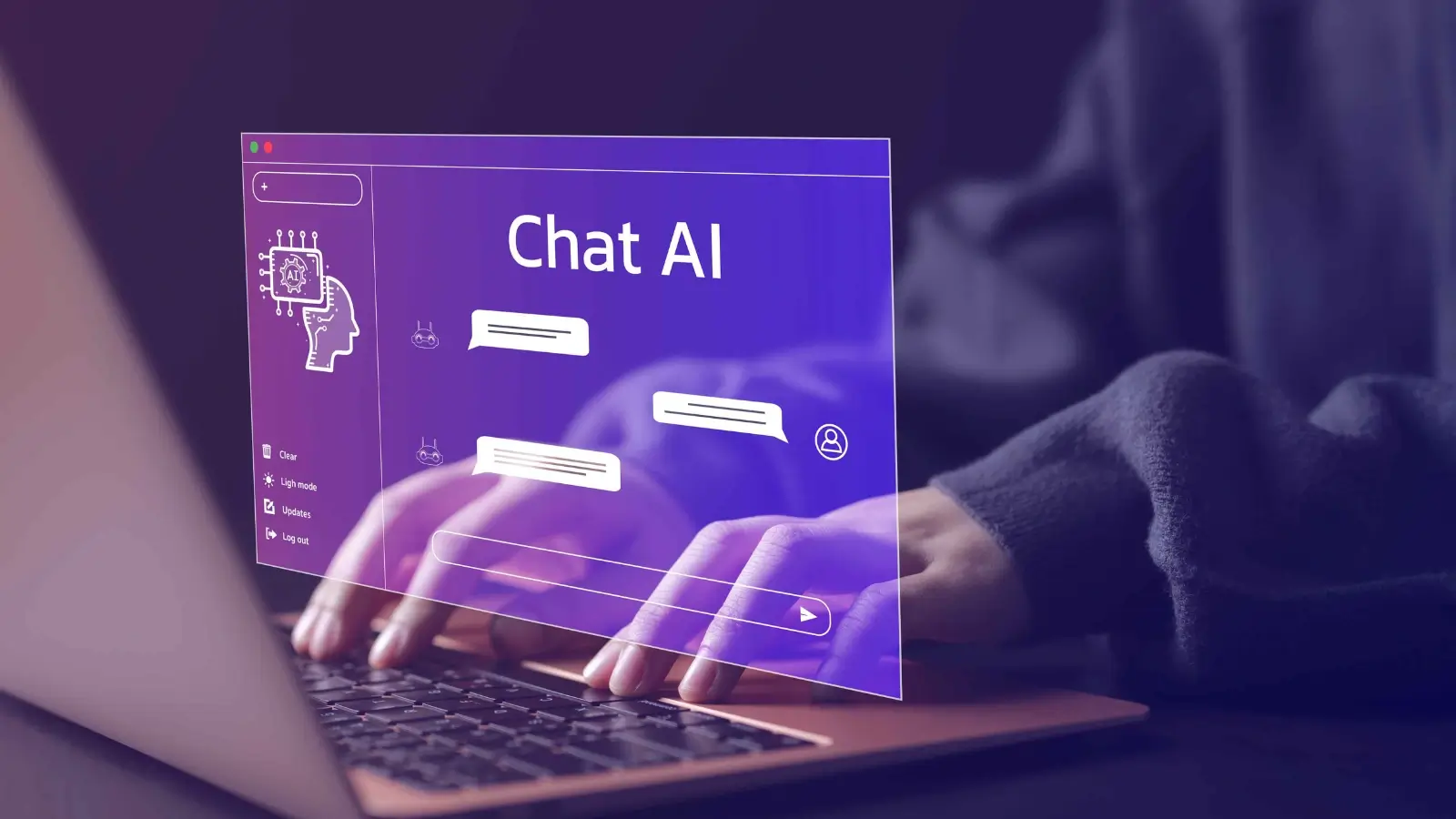
Agentic AI has a workflow. Here's how it generally works:
Step 1: Perception
The agent needs to understand its environment. This happens through sensors, cameras, or data feeds. For example, a delivery drone uses GPS and cameras to “see” its surroundings. Without this step, it wouldn’t know where to go.
Step 2: Reasoning
At this stage, the agent processes the information it gathered. It tries to figure out what’s going on and what it should do next. For example, the same drone might reason, “There’s a tall building ahead. I need to fly higher to avoid hitting it.”
Step 3: Decision-Making
Once the agent understands the situation, it picks the best action. Sometimes, it has clear rules to follow. Other times, it relies on learned behaviors. For example, should the drone deliver the package now or wait until traffic clears? It decides based on past experiences or training data.
Step 4: Action
The agent carries out its chosen plan. For the drone, this means flying to the destination and dropping off the package.
Step 5: Learning
At the end of the process, the agent reflects on what happened. Did it succeed? Fail? Either way, it learns from the experience to improve next time. Say the drone struggled with wind during delivery. The agentic AI will update its flight algorithms to handle similar situations better in the future.
Agentic AI can feature in several different fields, from healthcare, where it helps in surgeries and health monitoring, all the way to finance, where you'll find it in algorithmic trading and market analysis.
It's also present in transportation in the form of self-driving cars, and in customer service, where agents answer customer queries and also predict what else you might need. These are by no means exhaustive applications, but they give a pretty clear picture of where agentic AI can feature.
Challenges and Ethical Considerations
Agentic AI promises change to business processes and workflow automation, but it's not without its challenges:
Safety
How do you ensure these agents won’t behave unpredictably or harmfully? That's a question that's yet to get a convincing answer, given that AI in its current form is relatively new.
Transparency
When an AI makes a decision, how do you know why it chose that path? Say, a loan application gets denied by an agentic system. The applicant could use some explanation, not just a vague “you do not qualify.”
Bias
Bias is another big issue. If an AI learns from biased data, it’ll repeat those biases. Say your hiring data seems to favor certain demographics over others. That's more or less what your agentic AI will give you. Garbage in, garbage out.
Control
There's one constant fear in the AI industry. What happens when an AI agent becomes too independent or too powerful? What happens to the human capacity for control? Take the example of a military drone. Who's to pull it from the edge when it starts making life-or-death decisions without human oversight?
Accountability
Accountability is another huge factor. Who’s responsible if something goes wrong? Is it the developer, the user, or the AI itself?
Final Thoughts
Agentic AI comes with many promises for your business. However, don't just establish an AI system for the sake of keeping up with the industry. If you want it to work for you, you'll have to look through your business processes and bring in the transformative technology where it has the potential for the highest ROI. Once you have that figured out, you'll end up with a solution that moves your business forward.

